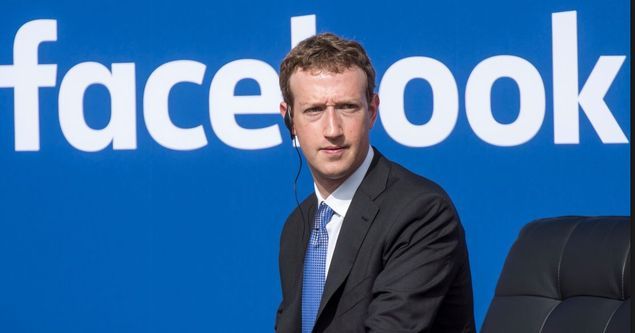Jakarta, Indonesia Sentinel — Meta CEO Mark Zuckerberg is currently on trial over allegations of social media monopoly, facing the possibility of being forced to sell Instagram and WhatsApp if the Federal Trade Commission (FTC) wins its antitrust case against the tech giant.
A landmark antitrust trial against social media giant Meta began in Washington on Monday (April 14). The case centers on Meta’s $1 billion purchase of Instagram in 2012 and its $19 billion acquisition of WhatsApp in 2014.
The Federal Trade Commission (FTC) alleges that Meta strategically bought the two platforms to eliminate potential competition. Noted that they considered the acquisitions was overpaid.
“They decided that competition was too hard and it would be easier to buy out their rivals than to compete with them,” said Federal Trade Commission (FTC) lawyer Daniel Matheson, as reported by BBC.
The FTC claims these acquisitions were aimed at securing Meta’s dominance in the market for social apps where users share content with friends and family. Meta then accused for holding a monopoly, with limited U.S. competition from platforms like Snap’s Snapchat and privacy-focused app MeWe.
The FTC also pointed to emails in which Zuckerberg proposed acquiring photo-sharing app Instagram as a way to neutralize a potential Facebook competitor and expressed worry that encrypted messaging service WhatsApp could grow into a social network. Therefore, the FTC is seeking to force Meta to restructure or sell Instagram and WhatsApp.
Read Also:
Meta Expands Child Online Safety Policies, Blocks Instagram Live for Users Under 16
Meta countered that the lawsuit from the FTC, which reviewed and approved those acquisitions, is “misguided.” “Meta acquired Instagram and WhatsApp to improve and grow them alongside Facebook,” said Meta’s attorney Mark Hansen.
Taking the stand, Zuckerberg defended Meta’s strategy, calmly denying claims that the company spent billions of dollars to acquire Instagram and WhatsApp were designed to crush competition.
He said that friends and family sharing was just one part of a broader set of goals for the platforms, including helping users discover diverse content. Argued that its purchases of Instagram and WhatsApp have benefited users
Regarding Zuckerberg’s past statements to eliminate competitor on an email, Meta argued that those are no longer relevant as Meta face fierce competition today from ByteDance’s TikTok, Google’s YouTube and Apple’s messaging app.
However, U.S. District Judge James Boasberg allowed the case to proceed but noted the FTC faces “hard questions” about whether its claims will survive trial. The trial is expected to last through the summer.
The trial could stretch into July. If the FTC wins, Meta would be forced to break up, including selling its Instagram and Whatsapp. While the FTC would then need to prove that breaking up Meta and forcing the selling of Instagram and WhatsApp would actually restore competition in the market.
(Raidi/Agung)

























